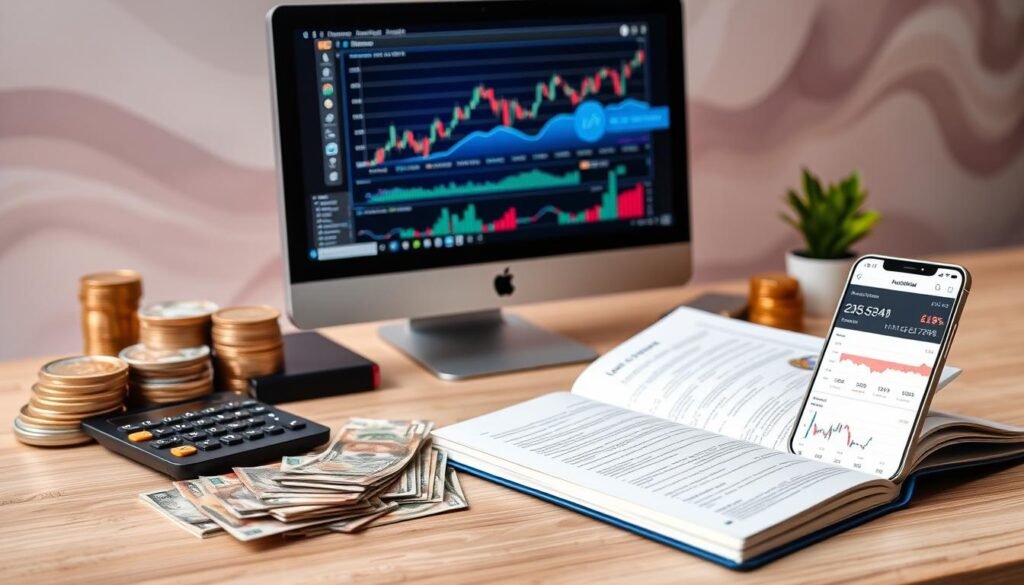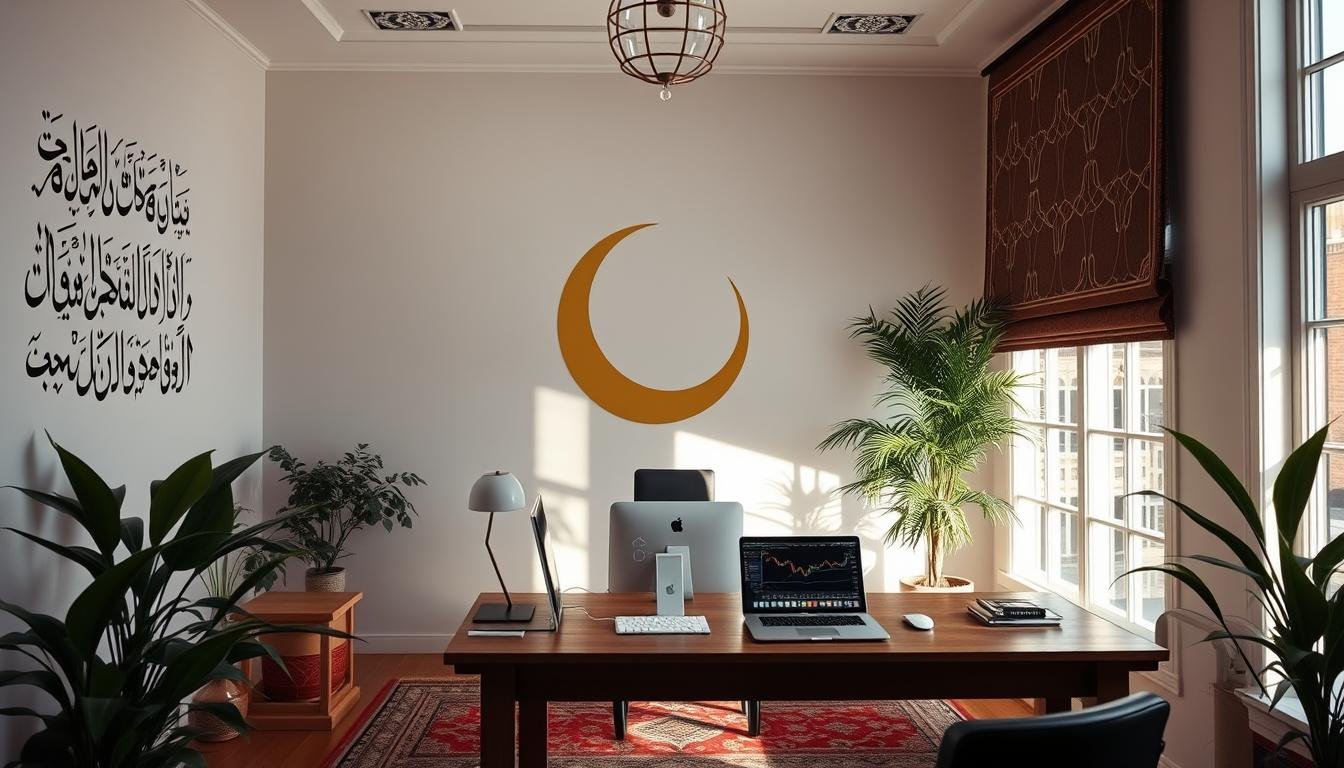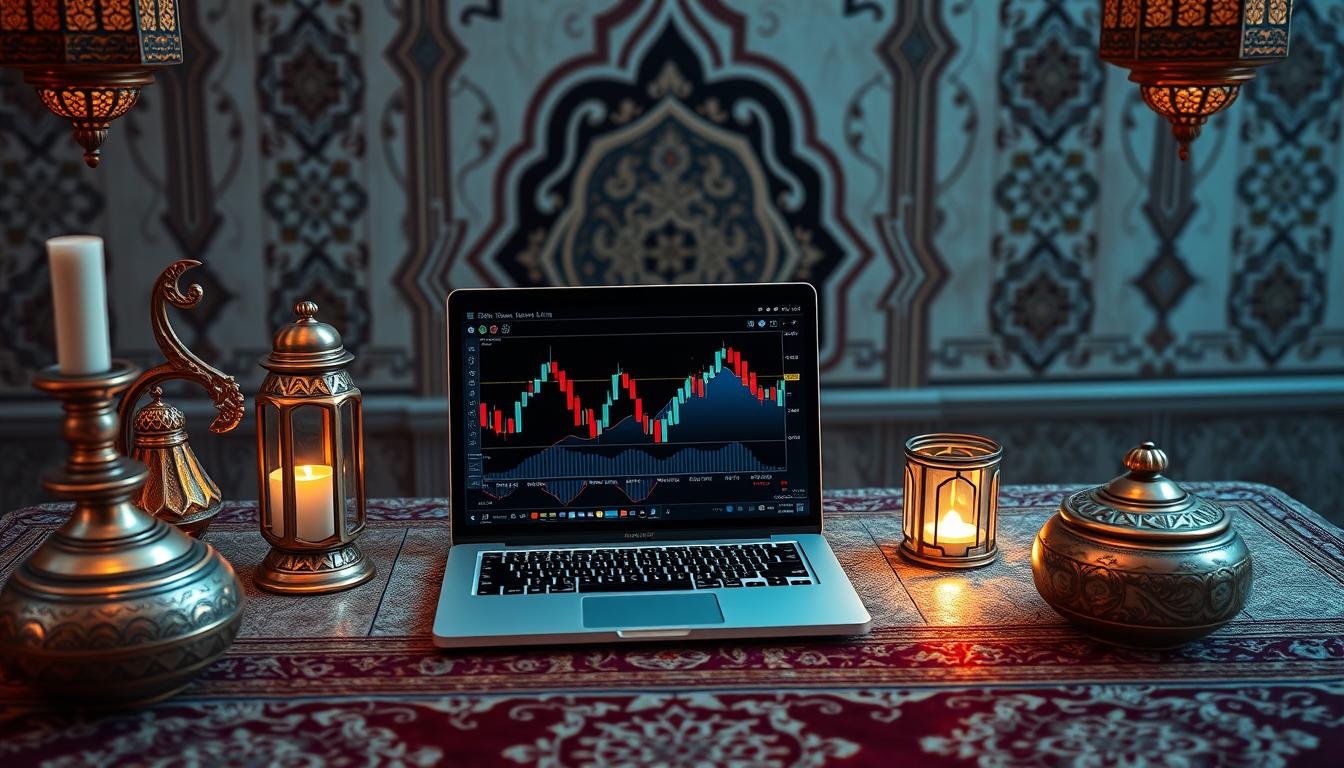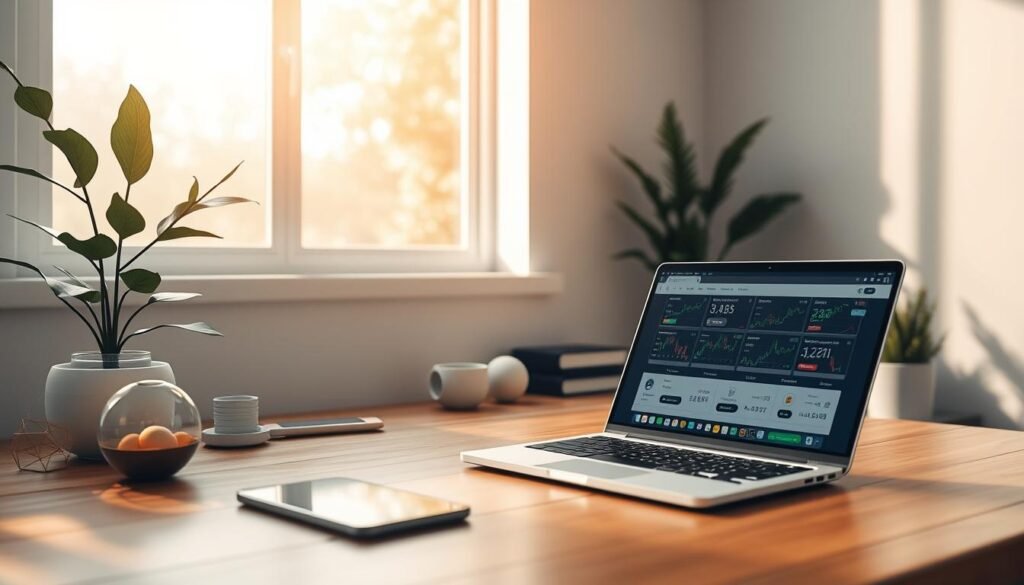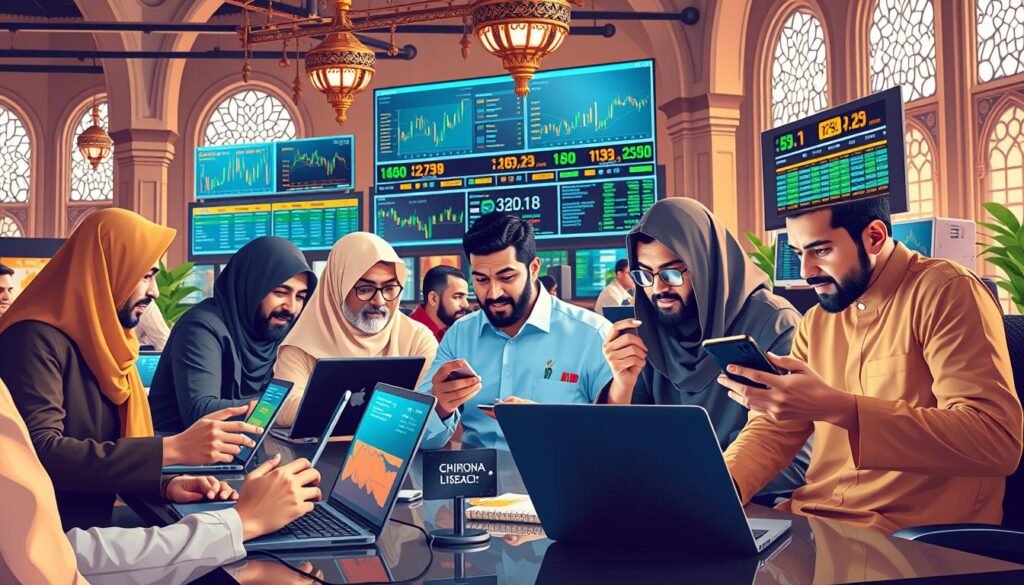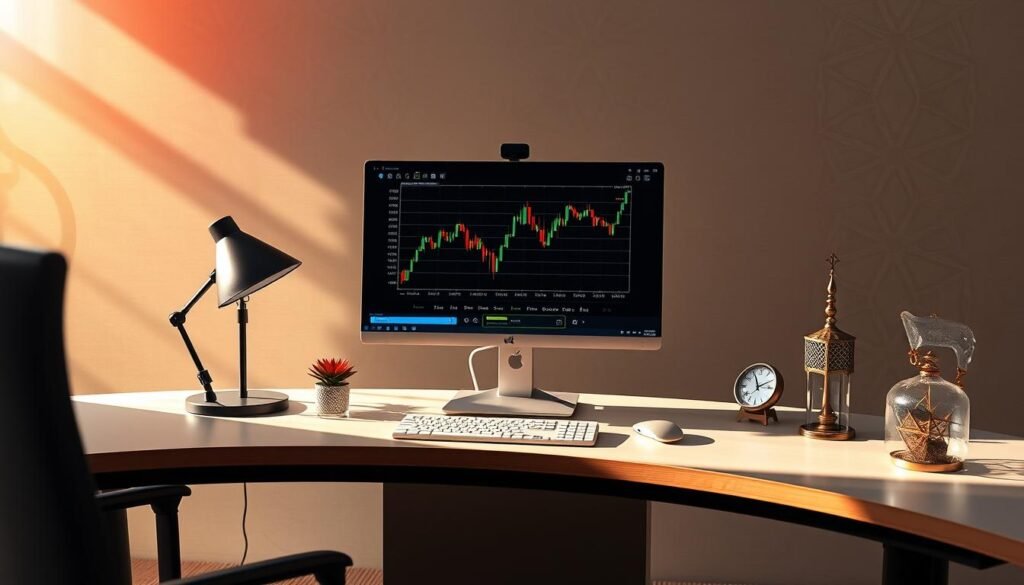Understanding How Forex Trading Works: A Comprehensive Guide

Introduction to Forex Trading
The foreign exchange market, commonly referred to as Forex, represents the largest and most liquid financial market in the world. With a daily trading volume exceeding $6 trillion, Forex trading enables individuals, companies, and institutions to engage in currency transactions on an unprecedented scale. Unlike other financial markets, Forex operates 24 hours a day, five days a week, providing ample opportunities for traders to buy and sell currencies at any time.
Forex trading involves the exchange of one currency for another, typically in currency pairs. For instance, when a trader buys the EUR/USD pair, they are purchasing euros while simultaneously selling U.S. dollars. This exchange allows traders to profit from fluctuations in exchange rates, which are influenced by various factors such as economic indicators, geopolitical events, and market sentiment.
The significance of Forex trading in the global economy cannot be understated. The market facilitates international trade and investment by allowing businesses to convert currencies and hedge against risks associated with exchange rate fluctuations. Furthermore, the Forex market plays a crucial role in determining the value of currencies based on supply and demand dynamics, impacting economies worldwide.
Key players in the Forex market include central banks, commercial banks, financial institutions, corporations, and individual retail traders. Central banks, for example, influence currency values through monetary policy decisions, while corporations engage in Forex transactions to manage their international operations. Retail traders, empowered by technological advancements, can now participate in Forex trading from their homes using trading platforms and online brokers.
In summary, understanding the fundamentals of Forex trading provides an essential foundation for delving deeper into its mechanics and strategies, equipping traders with the knowledge needed to navigate this complex yet rewarding market.
The Basics of Currency Pairs
At the core of Forex trading are currency pairs, which represent the relative value of one currency against another. Each currency pair consists of two components: the base currency and the quote currency. The base currency is the currency you are buying or selling, while the quote currency indicates how much of the quote currency is required to purchase one unit of the base currency. For instance, in the currency pair EUR/USD, the euro (EUR) is the base currency and the US dollar (USD) is the quote currency. If the pair is trading at 1.20, it means that 1 euro can be exchanged for 1.20 US dollars.
Exchange rates play a crucial role in Forex trading as they determine the value of one currency relative to another. These rates are influenced by several factors including interest rates, economic stability, and geopolitical events. Traders aim to profit from fluctuations in exchange rates, making accurate predictions regarding which direction a currency pair will move is crucial for success in the Forex market.
Currency pairs can be categorized into three main groups: major, minor, and exotic currency pairs. Major currency pairs include the most traded currencies globally, such as the EUR/USD, USD/JPY, and GBP/USD. These pairs typically have high liquidity and tighter spreads, making them favorable for traders. Minor currency pairs, which do not include the US dollar, such as EUR/GBP or AUD/NZD, tend to have lower liquidity compared to major pairs. Exotic currency pairs consist of one major currency and one currency from an emerging market, like USD/SEK or USD/TRY. These pairs often come with higher risks due to lower trading volumes and higher volatility.
How Forex Trading Works: Mechanisms and Processes
Forex trading, or foreign exchange trading, operates through a decentralized marketplace where currencies are exchanged. The primary mechanism involves the buying and selling of currency pairs, such as EUR/USD or GBP/JPY. Each currency pair indicates the value of one currency in relation to another, and fluctuations in these values create opportunities for traders to profit. The efficiency of this market is supported by various trading platforms that facilitate these transactions.
At the core of forex trading are brokers who act as intermediaries between traders and the market. They provide access to trading platforms where traders can execute their orders. Brokers can be market makers, providing liquidity by offering their own quotes, or they can be ECNs (Electronic Communication Networks) that connect directly with other market participants. Understanding the role of brokers is crucial for traders since the choice of broker can influence trading costs, execution speed, and available leverage.
In addition to the aforementioned elements, forex trading distinguishes between the spot market and the futures market. The spot market enables immediate trade execution at current market prices, while the futures market involves contracts that obligate parties to exchange currencies at a predetermined price at a future date. This introduces various strategies for traders based on their market predictions and risk tolerance levels.
Traders also utilize specific order types to control how and when they enter or exit trades. Common order types include market orders, limit orders, and stop-loss orders. Understanding pips, which represent the smallest price movement in the exchange rate, is vital for measuring profit and loss. Leverage is another critical aspect of forex trading, allowing traders to control a larger position with a smaller amount of capital, thereby amplifying both potential profits and losses. Grasping these mechanisms empowers individuals to navigate the complexities of forex trading effectively.
Understanding Forex Market Participants
The Forex market is characterized by a diverse array of participants, each playing a distinct role contributing to the overall functioning of this global financial marketplace. Among the most significant participants are central banks, financial institutions, corporations, retail traders, and speculators. Each group operates with unique motivations and influences the currency exchange dynamics in its own way.
Central banks, such as the Federal Reserve in the United States or the European Central Bank, are pivotal in the Forex market. They manage their nation’s currency and monetary policy, intervening in the foreign exchange market when necessary to stabilize or influence their currency’s value. Central banks primarily engage in Forex trading to control inflation, manage employment rates, and support economic growth.
Financial institutions, including banks and hedge funds, represent another critical segment of Forex market participants. These institutions engage in large volume trades, and their activities often set market trends. They trade for various reasons: to hedge against currency fluctuations, to facilitate international transactions, or to take speculative positions based on market predictions.
Corporations participate in the Forex market to manage currency risk associated with global operations. For instance, a company with international suppliers and customers needs to exchange currencies regularly. Their decisions in the Forex market are mostly driven by practical business needs rather than speculative motives.
Retail traders, comprising individual investors and traders, have become increasingly prominent participants. This group tends to engage in Forex trading through online platforms, often driven by the prospects of earning profits from currency fluctuations. While their impact on the market may be smaller compared to institutional players, retail trading activity can significantly affect liquidity and volatility in certain trading conditions.
Lastly, speculators, including day traders and swing traders, actively seek to capitalize on short-term market movements. Their approaches can lead to increased market volatility and price movements, influencing currency values. Understanding the motivations and roles of these diverse participants is fundamental for grasping the complexities of the Forex market.
Technical and Fundamental Analysis in Forex Trading
In the realm of Forex trading, two primary approaches are employed by traders to analyze market movements and make informed decisions: technical analysis and fundamental analysis. Each of these methods offers unique insights and tools that can significantly impact trading outcomes.
Technical analysis involves studying historical price movements and using various charting tools to forecast future price action. Traders utilizing this method rely on chart patterns, indicators, and oscillators to identify trends, support and resistance levels, and potential reversal points. Commonly used indicators include the Moving Average, Relative Strength Index (RSI), and Bollinger Bands, among others. By applying these tools, traders can gauge market sentiment and determine optimal entry and exit points for their trades. The key principle of technical analysis is that historical price movements tend to repeat, thereby creating patterns that can be exploited for profitable trading.
On the other hand, fundamental analysis seeks to evaluate the underlying economic factors that affect currency value. This approach looks at macroeconomic indicators such as interest rates, employment figures, and economic growth projections. Central bank policies and geopolitical events also play a significant role in influencing currency prices. For instance, a country experiencing higher economic growth may see its currency appreciate due to increased demand for its goods and services. Traders who adopt a fundamental analysis approach often stay updated with economic news and reports to anticipate market reactions and shift their trading strategies accordingly.
Integrating both technical and fundamental analysis can provide a more holistic view of the market. While technical analysis offers precise entry and exit signals, fundamental analysis helps traders understand the broader economic context that drives price movements. Thus, mastering both methods is essential for any Forex trader aiming to make well-informed decisions in the highly dynamic Forex market.
Risk Management Strategies in Forex Trading
In the realm of Forex trading, effective risk management is paramount. The foreign exchange market is highly volatile, and traders are constantly exposed to various risk factors. These may include market fluctuations, geopolitical events, economic indicators, and liquidity concerns. Thus, implementing robust risk management strategies is essential for preserving capital and achieving long-term success in Forex trading.
One of the most common strategies employed by traders is the use of stop-loss orders. A stop-loss order is designed to automatically close a trade when it reaches a predetermined level of loss. This mechanism helps traders limit their potential losses and protect their account balance from significant drawdowns. By setting stop-loss levels, traders can maintain a disciplined approach to their trading, ensuring that emotional decision-making does not compromise their trading plan.
Another critical aspect of risk management is proper position sizing. Position sizing involves determining the amount of capital to risk on a single trade based on the trader’s account size and risk tolerance. A commonly recommended rule is to risk no more than 1-2% of the trading account on any single trade. This prudent approach ensures that even a series of losses does not severely impact the trader’s overall capital and can provide the necessary resilience to recover from inevitable setbacks.
Furthermore, maintaining a balanced portfolio is essential for mitigating risk in Forex trading. Diversification across various currency pairs can help to reduce the overall risk exposure, as different currencies may respond differently to market events. By spreading investments across multiple currencies, traders can potentially offset losses in one area with gains in another, creating a more stable trading environment.
In conclusion, effective risk management is crucial in Forex trading. By utilizing stop-loss orders, determining appropriate position sizes, and maintaining a diversified portfolio, traders can significantly minimize their risks while navigating the complexities of the foreign exchange market. Ensuring that these strategies are part of a trader’s routine can facilitate steady progress toward their trading goals.
Developing a Trading Plan
Having a well-defined trading plan is essential for anyone venturing into the foreign exchange (Forex) market. A structured plan not only provides clarity but also helps traders navigate the complexities of Forex trading with greater confidence. The first component of a trading plan involves setting clear trading goals. These objectives should be specific, measurable, achievable, relevant, and time-bound (SMART). Whether the aim is to achieve a consistent monthly return or to develop a skill set over a defined period, establishing these benchmarks is crucial for long-term success.
Another vital aspect of a trading plan is determining one’s risk tolerance. Since Forex trading inherently involves risks, it is essential for traders to assess how much risk they are willing to take on each trade. This can involve evaluating factors such as account size, individual financial situations, and psychological readiness to handle potential losses. By understanding their risk tolerance, traders can make informed decisions that align with their financial experience and emotional strength.
Additionally, a successful trading plan includes well-defined strategies for entering and exiting trades. This component outlines the criteria for initiating a trade, including indicators and market analysis that guide decision-making. Similarly, exit strategies are equally important, as they help traders realize profits and limit losses. Establishing these strategies helps traders maintain discipline and prevents emotional decision-making during market fluctuations.
In conclusion, a robust trading plan that incorporates clear goals, an understanding of risk tolerance, and strategic entry and exit points significantly enhances a trader’s chances of success in the Forex market. Traders who invest effort into developing their plans are better equipped to handle the dynamic nature of Forex trading, leading to more consistent results over time.
The Role of Emotions in Forex Trading
In the highly volatile realm of forex trading, emotions play a pivotal role in influencing traders’ decisions. Emotional responses, particularly fear and greed, can significantly impact the trading process, often leading to irrational choices and unintended financial losses. Understanding the psychological aspects of trading is crucial for traders who seek to maintain a consistent performance in their trading endeavors.
Fear in forex trading typically manifests when traders are faced with potential losses, causing them to make hasty decisions, such as prematurely closing trades or avoiding opportunities altogether. This fear is often fueled by the uncertainty and unpredictability of market movements. On the other hand, greed can lead traders to take excessive risks, hoping to maximize profits on their investments. This mindset can result in holding onto losing positions in the hope that they will recover, rather than cutting losses and adhering to a well-structured trading strategy. Balancing these emotions is critical for maintaining discipline.
To manage emotions effectively, traders should develop a robust trading plan that incorporates risk management strategies. Setting clear entry and exit points, along with predefined stop-loss levels, helps to minimize the influence of emotional reactions during trading. Additionally, keeping a trading journal can assist in identifying emotional triggers and patterns that lead to poor decision-making. Reflecting on past trades encourages traders to analyze their emotional state and improve their trading behaviors over time.
Moreover, mindfulness and self-awareness techniques can enhance emotional regulation when trading. Practicing techniques such as deep breathing, visualizations, and meditation can help traders cultivate a healthier mindset, ultimately leading to more informed decisions. By recognizing and addressing the impact of emotions on their trading strategies, forex traders can pave the way for sustainable success in the marketplace.
Conclusion: Key Takeaways from Forex Trading
In summarizing the essence of Forex trading, it is vital to recognize that this market is one of the most dynamic and liquid financial markets in the world. From understanding currency pairs and market trends to analyzing economic indicators, the foundational concepts discussed throughout this guide serve to illuminate the complexities and opportunities inherent in Forex trading. Successful traders are often characterized by their ability to grasp these fundamental principles, which facilitate informed decision-making in a fast-paced environment.
The significance of education and continuous learning cannot be overstated in the realm of Forex trading. As the financial landscape evolves, so too do the strategies and tools available to traders. Engaging in ongoing education—whether through online resources, trading seminars, or mentorship programs—further equips traders with essential knowledge and skills. It empowers them to adapt to market shifts and enhance their trading strategies effectively.
Moreover, practice plays a crucial role in achieving proficiency in Forex trading. Utilizing demo accounts allows novice traders to experiment with different strategies and gain hands-on experience without financial risk. This practice is invaluable, as it not only builds confidence but also helps traders refine their approach before venturing into live trading environments.
Furthermore, as one embarks on their trading journey, establishing a solid foundation rooted in discipline, risk management, and emotional control is vital. Mastery of these aspects tends to yield a more structured and systematic approach, ultimately leading to greater success in Forex trading. In conclusion, understanding the intricacies of the Forex market combined with a commitment to education and practice lays the groundwork for potential achievements in this exciting financial arena.








